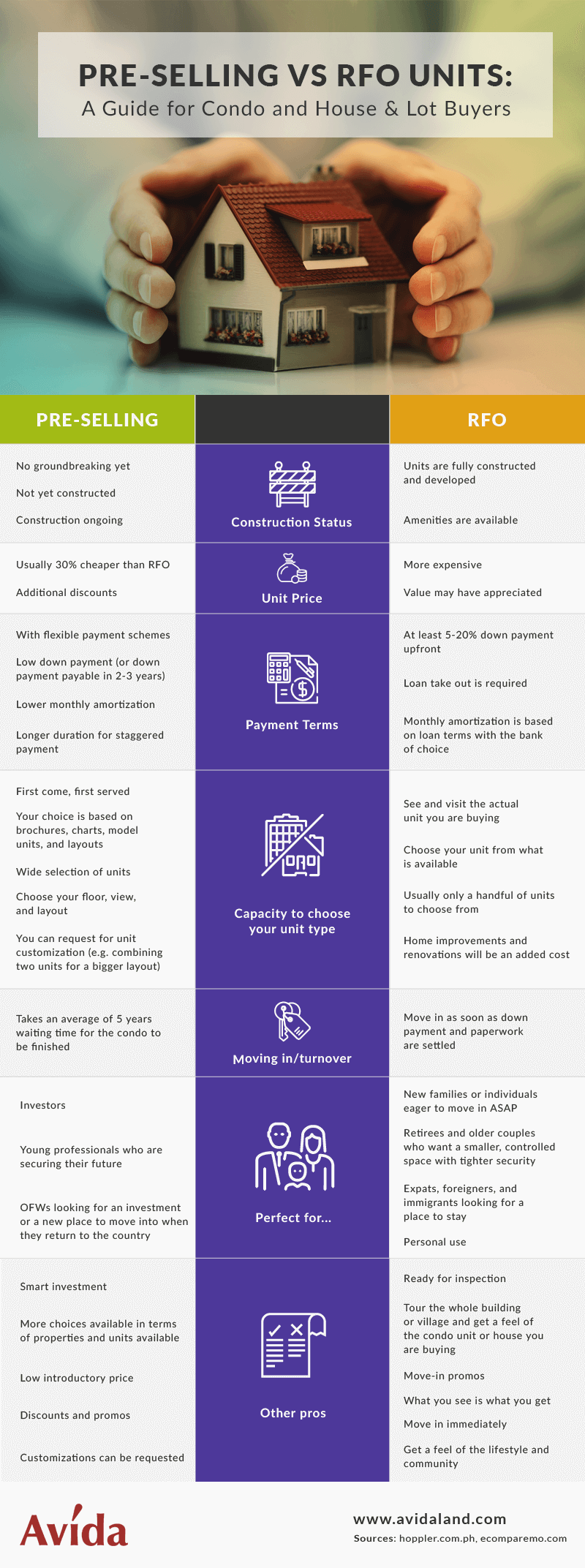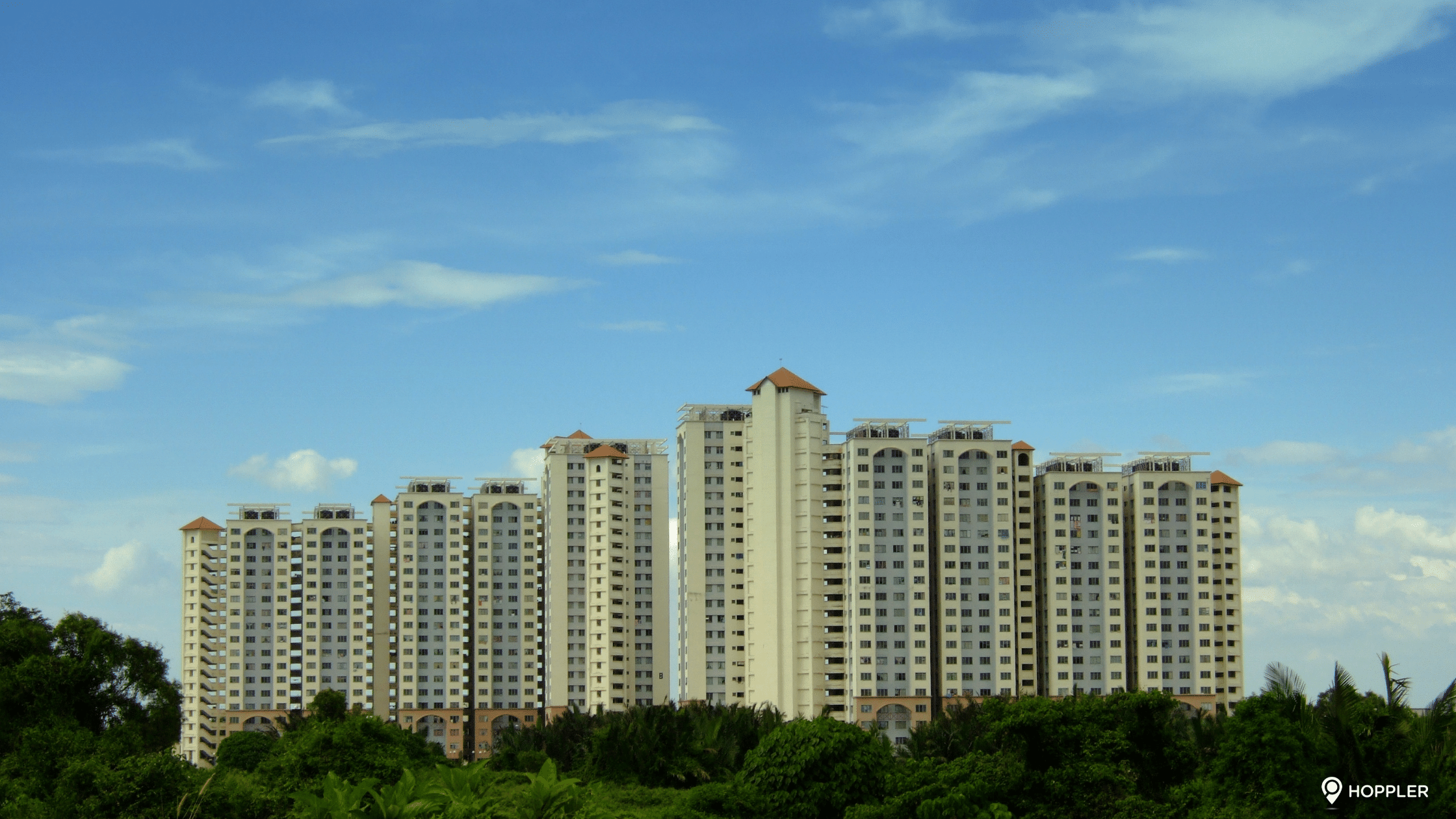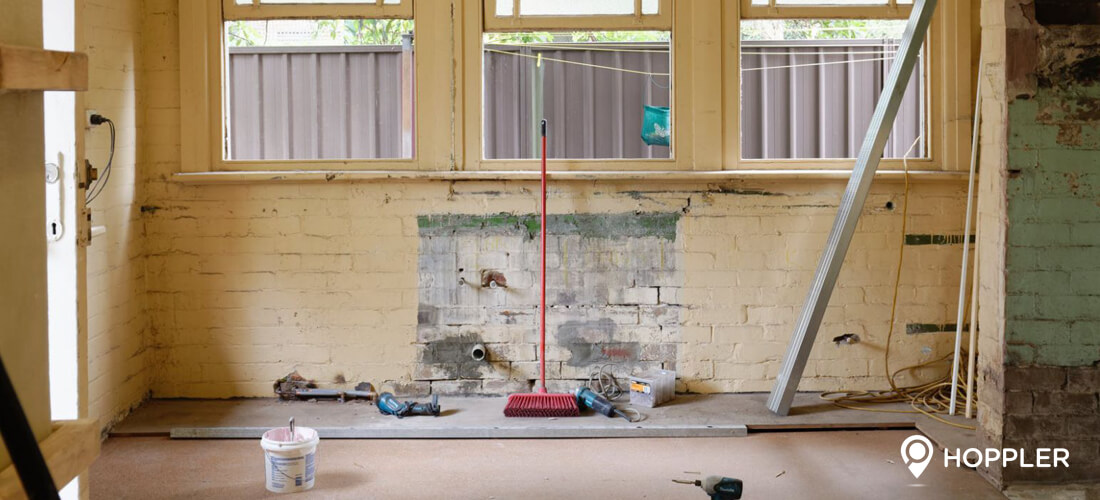Pros and Cons of Investing in Pre-Selling and RFO Properties
If you are about to buy a condominium unit or a townhouse you may be facing a dilemma on which type to purchase. Should you purchase pre-selling units or ready for occupancy units? Both have their advantages and disadvantages so it’s best to delve into them further to arrive at a wise decision.
Pre-selling
Pre-selling units are units that do not exist yet or are in varying stages of construction. When you are approached by a real estate broker where only paper for discussion and a showroom with model units are presented, you are for sure being enticed to buy into the project on pre-selling terms.
Pros
- During the pre-selling stage of a housing project, developers are keen to hook you in so they can ensure a high occupancy rate for their project. Developers wish to avoid having their units tagged in their accounting forms as receivables and inventory as this would mean less earnings for the company. As such, developers usually offer a premium price for units during the pre-selling stage. Prices of units are lower while being developed. It will then increase when the project is finished making it a good investment.
- During the pre-selling stage, it is but a common practice of developers to up their sales by resorting to price wars as well as easing terms of payment, like reduced down payment from 10% to 0%. Reservation fees are sometimes waived as well as long as you sign the contract and take up in-housing financing. This is another windfall for you as a buyer as you need not shell out a big chunk of your savings just to ensure the purchase of your dream house.
- You have more access to more choices of units. You can choose the floor, how near it is from the swimming pool or parking area. And the building amenities are all new when you move in.
Cons
- Even after paying for the down payment, you don’t get to use your property immediately because construction is not yet done. It usually takes 3 to 5 years for a project to be completed.
- With only flyers and glossy brochures to read through, bear in mind that your decision to buy a property will only be based on the agent’s words and the developer’s marketing materials. What was promised to you may not be what you’ll get when you move in. You might be surprised to see a lot of things missing, from infrastructural amenities to design features. Plumbing may be external and ugly or worse, that central park you saw in the brochure may be non-existent when you move in.
- At times when construction is slow and mismanaged, project delays are inevitable. When you choose to buy on pre-selling terms you are not 100% sure about the turnover date. Unfortunately, there are times when there is no turn over date because the project was never completed due to reasons such as the developer declared bankruptcy, you were scammed or that a law or city ordinance was violated, not complied with, thereby ending construction.
Tip: To give you a clue on which developers and projects to avoid, check online and make a quick visit to HLURB and the PRC.
Ready-for-Occupancy
For sure developers are keen on selling the units so when you are offered a ready for occupancy unit, you are often asked to go on a “tripping” to view the site and the model units.
Pros
- As the name implies, RFO properties are complete and are ready for move in. As long as you submit all the paperwork and the payments then you can easily transfer to you new unit.
- A RFO also means“what you see is what you get”. There are no speculations, no surprises because as a buyer you have full access to the property and can inspect it before making a final decision.
Cons
- Because you can use the unit right away, the prices for RFOs are higher than those during pre-selling. Price appreciation can be as much as 30 to 40%, depending on how many units are still unsold, the location and how popular the units are.
- You have limited choice of units. The unsold units are those which are considered bad luck in feng shui or may have particular downsides, like near a perimeter wall, flooded area, etc.
- By the time you move in, the project is several years old and if the estate management is incompetent and the developer aloof, the building amenities tend to be run down by then.
You have to weigh in your priorities before purchasing a unit. Most of all choose a reputable developer and you’ll be able to sleep soundly at night thinking your money has been invested in the right hands.
Here’s an infographic courtesy from our friends from Avida.




